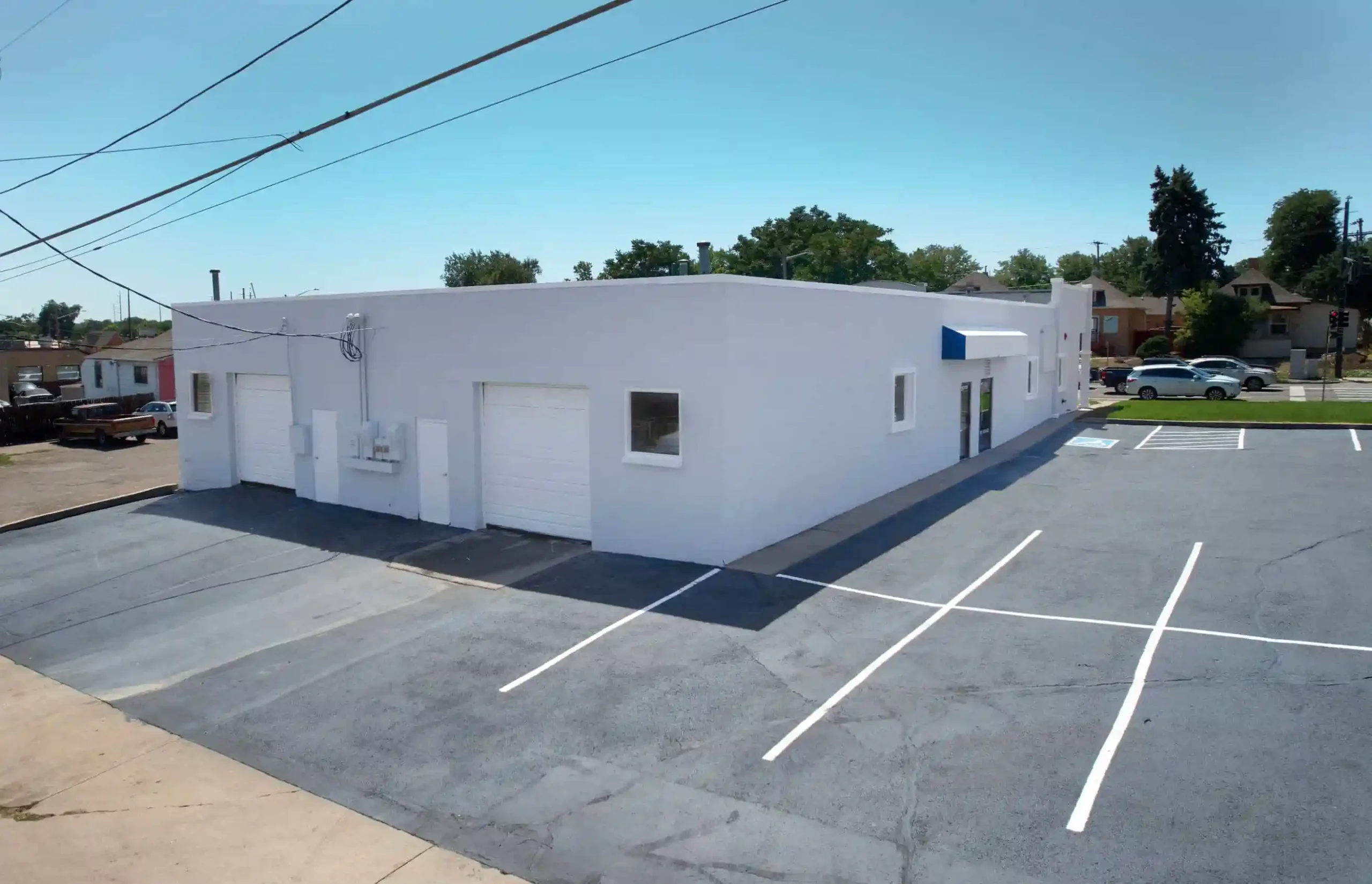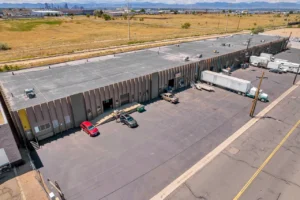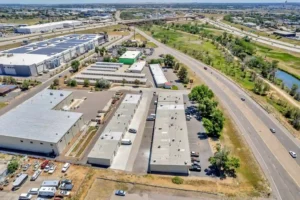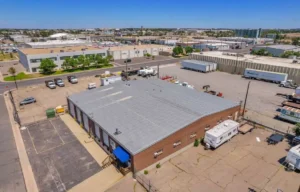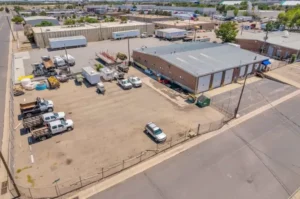How To Buy Commercial Real Estate
The stakes are very high when purchasing commercial real estate. When buying commercial real estate your due diligence process is crucial. If you do your homework, you can increase your chances of sealing a lucrative deal. Even if you’ve dealt with residential real estate before, you should know that commercial real estate is a different beast entirely.
Typically, commercial property owners generate income from business leases and appreciation in property value. Prospective buyers must consider whether they can get enough from tenants or expect significant capital appreciation to ensure that a deal is profitable.
If you’ve never bought commercial real estate before, the following steps will help you understand the process:
Step 1: Be Clear About Your Motivation For Investing
When it comes to purchasing commercial real estate, your motivation for investing determines the type of property you should look for and ultimately purchase.
If you want to hold property and earn money from rent and capital appreciation, you should look for commercial real estate that has upside potential. Ideally, you should have tenants that are stable and tend to stick with the property or can be expected to take good care of the property.If you want to flip a commercial property quickly for a profit, look for commercial real estate that isn’t perfect but has the potential for upside after improvements.
If you want to purchase a property that you can use for your own business, you need to determine what the best option is for you given your financing options. When looking for a property for your own business, you start by considering where your customers exist and what the best option you can afford is.
Step 2: Find The Most Promising Commercial Property Type In Your Area.
It is imperative to research commercial property types if you plan to transact commercial real estate successfully. It’s crucial to understand the dynamics of the niche of your choice and be able to identify existing opportunities to capitalize on. Once you’ve determined what interests you the most, you can start planning accordingly. Examples of property types or ‘asset classes,’ as we refer to them in commercial real estate are retail, industrial, office, apartment complexes and religious facilities.
Step 3: Set Your Budget And Know Your Investment Criteria
If I had a crystal ball I would tell you what the most lucrative asset class to invest in at this moment. Alas, I do not. Learn the property types, and study the dynamics of the market and occurrences in previous economic cycles. Narrow down your budget and investment criteria in order to know what is a worthwhile investment. You might be tempted to buy a property that you can’t afford or struggle to find a property that meets your investment criteria if you don’t have clarity regarding the budget and criteria.
Step 4: Figure Out Your Financing Options
It is very important to figure out your financing options before you start looking for a commercial property to buy. This way, you’ll have a better idea of what you can ultimately afford. Since Covid, it has become increasingly difficult to obtain commercial real estate financing. The quality of your financial statements and proof that your company is profitable will be important when approaching lenders. Imagine finding the perfect property, but not having financing in order ahead of time and losing it. Let’s avoid that.
Step 5: Find A Broker That Specializes In Your Chosen Property Type
Choosing a professional to help you buy commercial property is crucial. Utilizing a real estate broker can help to simplify the process by putting the broker’s expertise at your disposal. The broker can help you find the properties you’re looking for and point out important factors to consider before finalizing a deal. When you find a commercial real estate broker, communicate with them your requirements and they will find you properties that meet your budget and investment criteria.
A broker can also put you in touch with the right people to help you finalize your deal, such as an attorney or accountant.
Step 6: Find A Good Deal And Close It
Once you find a good commercial deal that you’re interested in, lock it up under contract and get to work on due diligence. At this point you will have taken all of the necessary steps to find a commercial property deal that works for you to ensure a smooth and profitable transaction.

